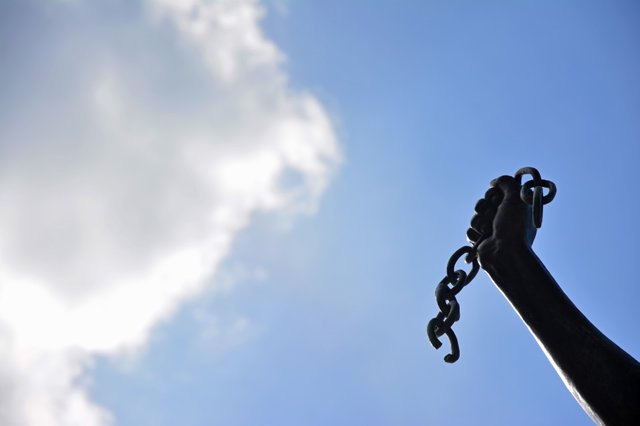
[Originally published in The Voluntaryist, Liberty 101 column by J.C. Simpson]
Last month we established the foundation of liberty. Negative liberty with its “freedom from oppressive force,” including such liberties as speech, assembly, religion, and defense, and positive liberty with its interventionist policies that infringe upon the negative liberties of others. In last month’s column, Liberty 101: What is Liberty, it is noted that negative liberties are born out of self-determination, or as what has become known in libertarian circles as self-ownership.
Self-ownership has a long history in philosophy and has been explored from nearly every category of thought. Nearly everywhere philosophy believes in maximizing the sovereignty of the individual, but where most diverge from each other is the ownership of property, but that is an argument for a different day.
In self-ownership man is sovereign. He holds control over his person and the actions he takes with his person within this realm of ownership. He is able to enter into contracts with consenting parties without an arbitrary third party ruling on this decision. As long as he does not violate the negative liberties of others, man is free to explore his boundaries.
Without self-ownership, we cannot enjoy the fruits of liberty. We are at the whims of a centralized authority who decides which of our rights we get to keep. Without the principle of self-ownership, we are nothing but slaves.